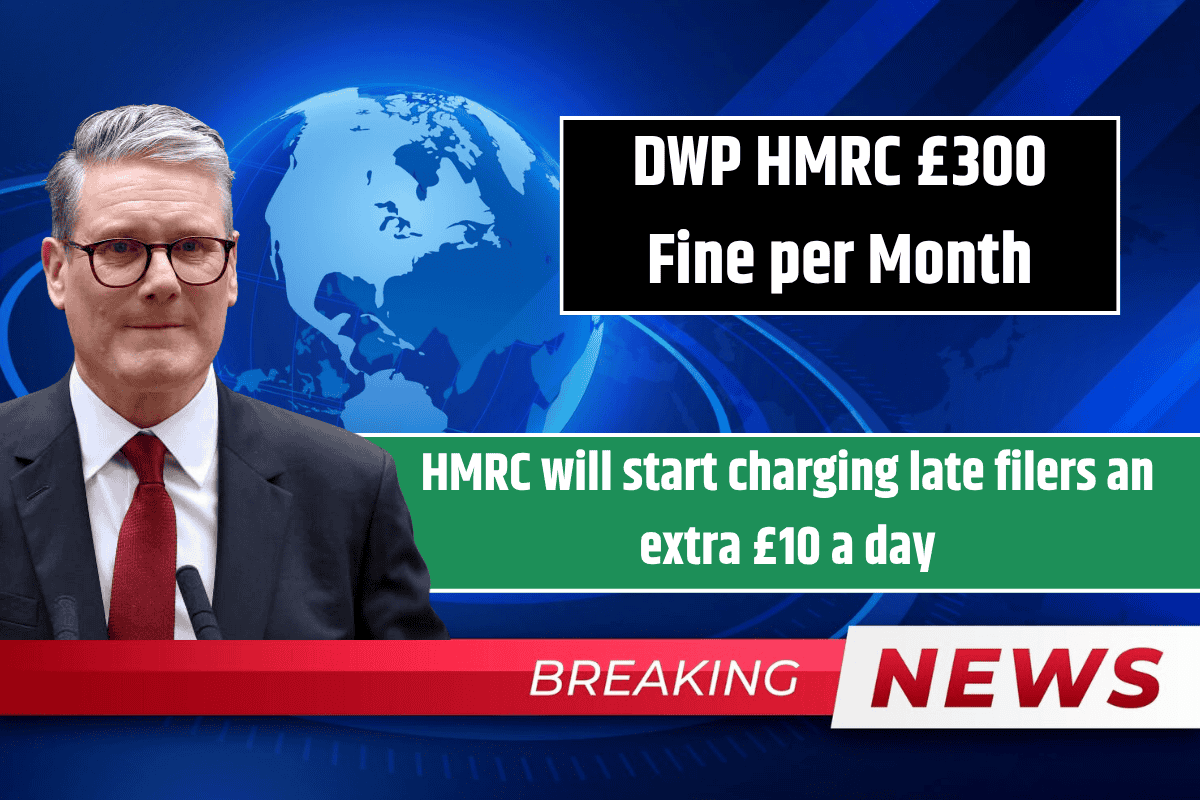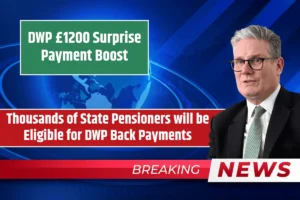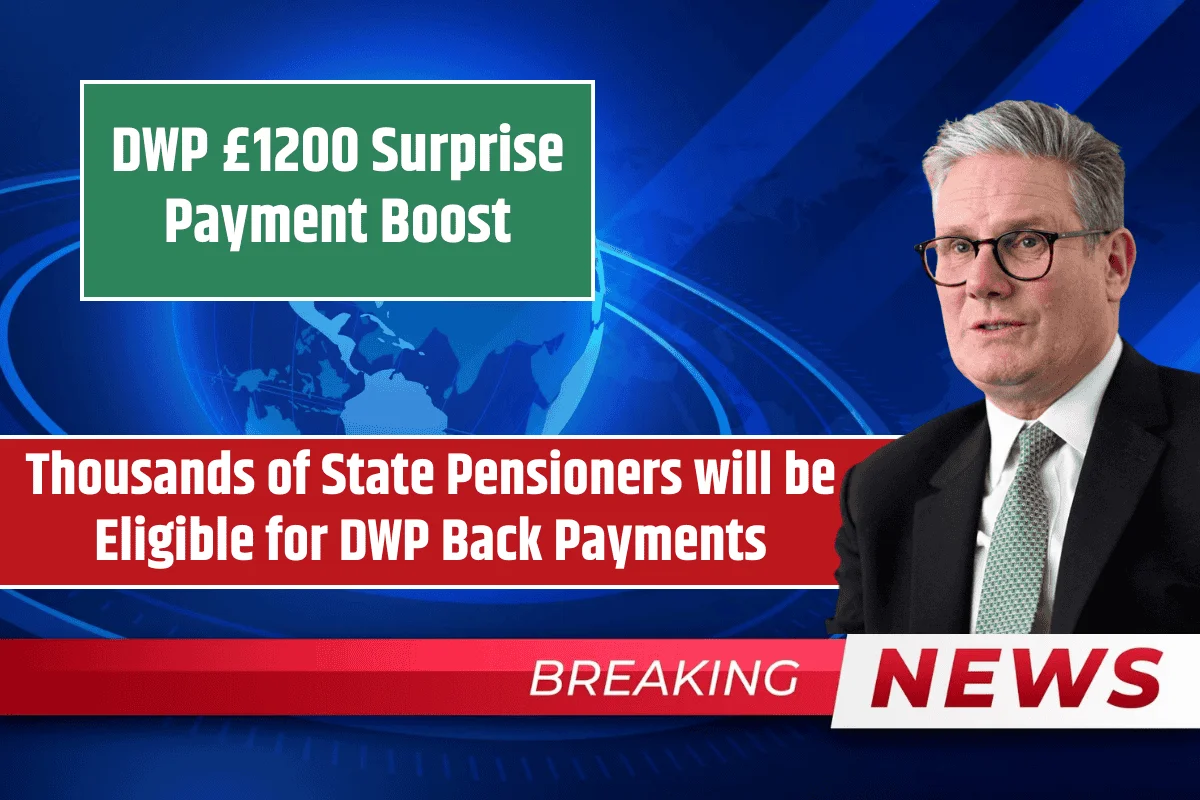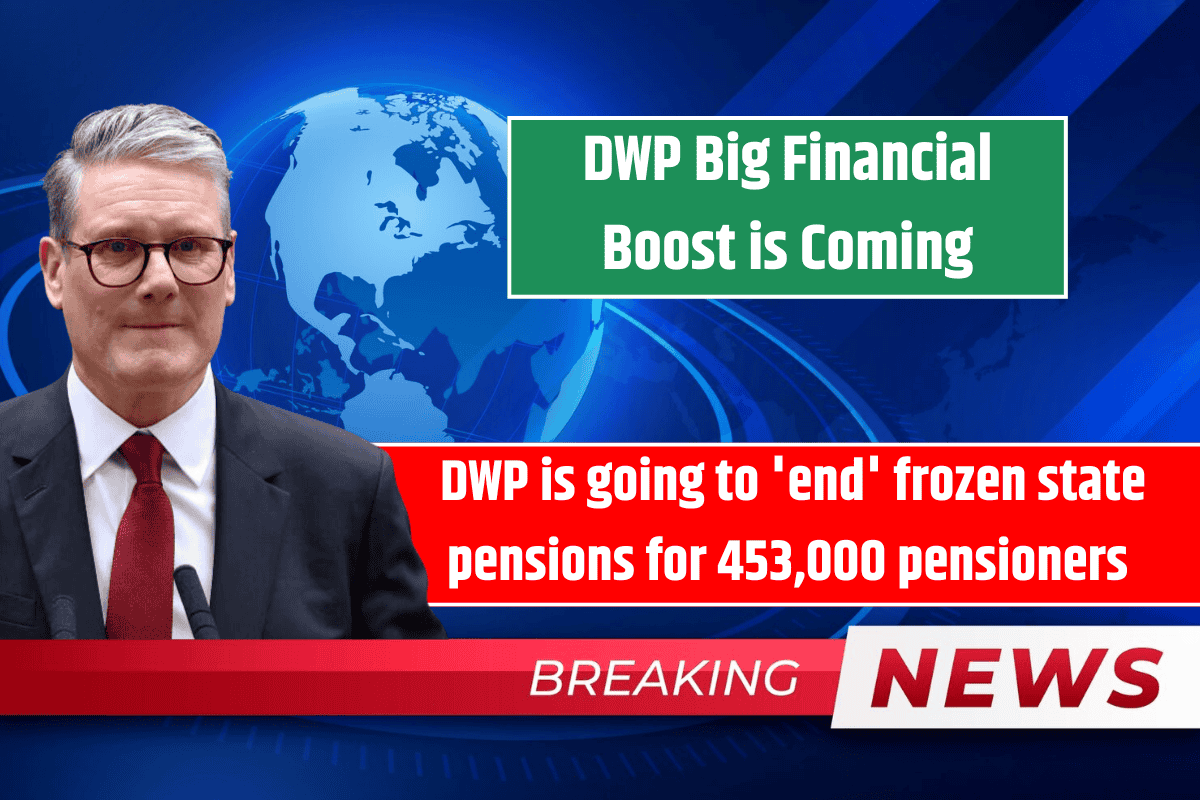If you haven’t submitted your Self Assessment tax return yet, there’s bad news. From May, new daily penalties apply to anyone who missed the January 31 deadline. The longer you delay, the more it’ll cost you. This comes as a warning from HMRC (Her Majesty’s Revenue and Customs), which manages tax payments in the UK.
Daily £10 Fine Starts in May
It’s now three months since the January 31 deadline. If you still haven’t filed your return or paid what you owe, HMRC will start charging you £10 every day. These daily fines can build up quickly and are in addition to the original £100 fine.
Alastair Douglas, CEO of TotallyMoney, said many people still haven’t filed their tax returns even though the deadline passed months ago. He warned that from May, HMRC will charge an extra £10 per day to late filers.
Also, if you still haven’t paid your balance, an interest rate of 8.5% is charged on what you owe. This means the longer you delay, the more your debt grows.
Important Dates to Remember
If you continue to delay, things get worse. Here are some key dates and penalties you need to be aware of:
September – Six months after the deadline, HMRC will charge an extra 5% of the unpaid tax or £300, whichever is higher.
Next January – Twelve months after the deadline, this 5% penalty will be charged again.
Once these penalties are applied, you’ll only have 30 days to pay them, or you risk further charges and action from HMRC.
Reasons HMRC May Accept for Late Filing
HMRC may cancel penalties if you had a valid reason for missing the deadline. Acceptable reasons could include:
- Death of a partner or close relative around the deadline
- Serious illness or hospital stay
- Computer or software issues during filing
- Problems with HMRC’s online system
- Postal delays out of your control
- Relying on someone else (like an accountant) who failed to file
However, just forgetting the deadline or being unaware of it is not considered a valid reason.
Help Is Available: Set Up a Payment Plan
If you’re finding it hard to pay the full amount, HMRC offers a ‘Time to Pay’ arrangement. You can set this up online if:
- You owe less than £30,000
- You’ve already submitted your latest tax return
- It’s within 60 days of the deadline
This allows you to pay in instalments instead of all at once. Visit the HMRC website for more information and to apply.
For those in England or Wales who are struggling with debt, Money Helper offers free debt advice. In Scotland, Scotland Debt Solutions provides similar services for free.
Missing the Self Assessment tax deadline can turn expensive very quickly. Starting in May, daily £10 penalties will apply, and by September and next January, even more charges can be added. To avoid further financial trouble, it’s best to act now. File your return, pay what you can, and explore HMRC’s payment plans if needed. It’s never too late to take control of your tax situation and avoid further stress.
FAQs
What are the new HMRC penalties starting in May?
From May, HMRC will charge a £10 daily penalty for late Self Assessment tax returns. This adds to the original £100 fine and continues for up to 90 days.
How much interest is charged on unpaid tax?
HMRC currently charges 8.5% interest on outstanding Self Assessment tax payments, adding to your total amount due.
What happens if I don’t pay by September?
In September, six months after the deadline, HMRC will charge an additional 5% penalty or £300—whichever is higher—on unpaid tax.
Can I avoid penalties if I have a valid reason for delay?
Yes. HMRC may accept reasons such as a serious illness, death of a close relative, hospital stay, or technical issues as valid grounds to cancel penalties.
How can I set up a Time to Pay arrangement with HMRC?
If you owe less than £30,000 and have filed your latest return, you can apply for a payment plan within 60 days of the deadline via the HMRC website.












